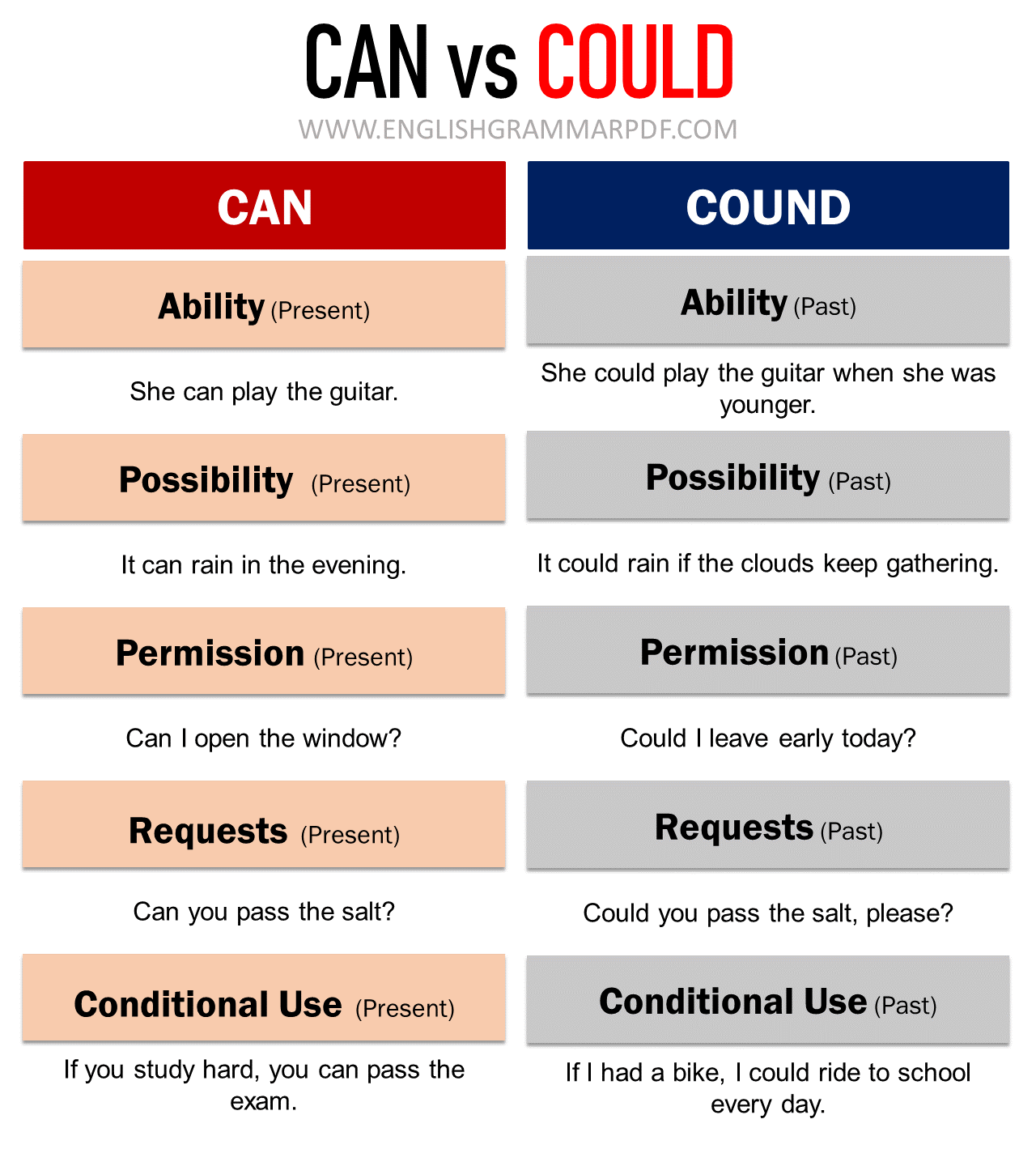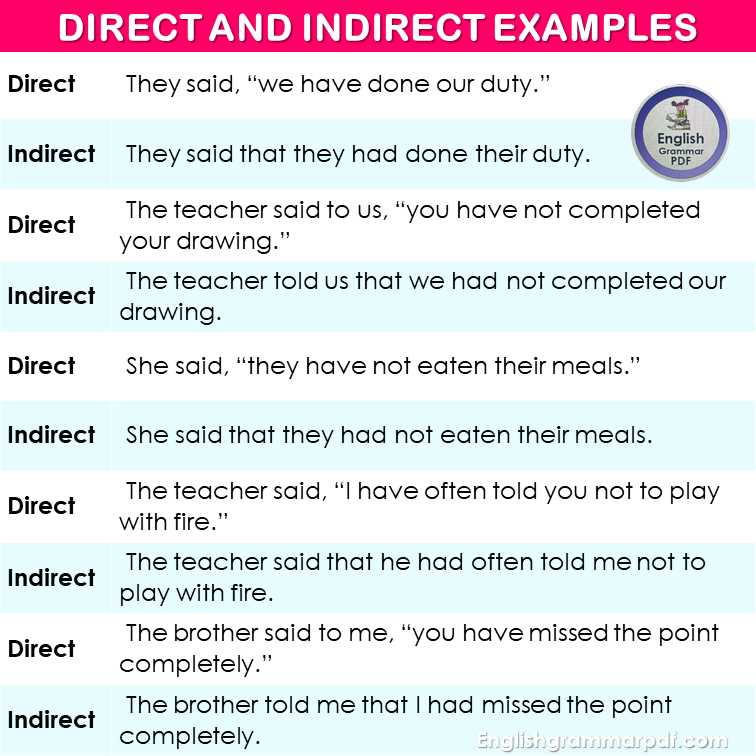The use of “can” and “could” in English grammar often causes confusion due to their similar meanings but different implications in sentences.
Both words are modal verbs used to express abilities, possibilities, and permissions, yet they differ in terms of their usage regarding time, formality, and likelihood.
To use them correctly, it is essential to grasp their nuances.
Correct Use of Could & Can

1. Ability
“Can” for Present Ability
“Can” is used to express what someone is able to do now or in the immediate future, indicating a definite capacity or skill.
- Example: “She can solve complex math problems effortlessly.” This sentence suggests that she currently has the skill to solve complex math problems.
“Could” for Past Ability
“Could” refers to someone’s ability in the past, suggesting that the person had the capability to do something, but it’s not necessarily implied that they still can.
- Example: “He could play the piano by ear when he was a child.” This indicates that he had the ability to play the piano by ear in his childhood, but it’s unclear if he still has this ability.
2. Possibility
“Can” for Present or Future Possibility
“Can” is used to indicate that something is possible or could happen in the present or future.
- Example: “We can see the northern lights from here on a clear night.” This suggests that it’s possible to see the northern lights from that location when conditions are right.
“Could” for Hypothetical or Uncertain Possibilities
“Could” is used for possibilities that are uncertain, hypothetical, or dependent on certain conditions being met, often conveying a sense of speculation.
- Example: “We could see the northern lights tonight if the skies are clear.” This implies that seeing the northern lights is a possibility but depends on the condition of clear skies.
3. Permission
“Can” for Informal Permission
“Can” is commonly used in informal contexts to ask for or give permission.
- Example: “Can I borrow your book?” This is a casual way of asking for permission to borrow a book.
“Could” for Polite or Formal Permission
“Could” is preferred when asking for permission in a more polite or formal manner, often considered more courteous than “can.”
- Example: “Could I possibly borrow your book?” This is a more polite way to ask for the same permission, adding a layer of formality.
4. Requests and Suggestions
“Can” for Direct Requests
“Can” is used for making direct requests or asking someone to do something, which can be seen as more straightforward or less formal.
- Example: “Can you help me with this project?” This is a straightforward request for help.
“Could” for Polite Requests and Suggestions
“Could” is often used to make requests and suggestions sound more polite, softening the tone and making the sentence less direct.
- Example for Request: “Could you help me with this project?” This is a softer, more polite way to ask for help.
- Example for Suggestion: “You could try rebooting your computer to fix the issue.” This suggests a course of action in a polite and indirect way.
5. Conditional Sentences
“Can” in Real Conditions
“Can” is less commonly used in conditional sentences but may appear in real conditional sentences to express a factual outcome.
- Example: “If you practice regularly, you can become a proficient pianist.” This implies a real and direct outcome of regular practice.
“Could” in Unreal or Hypothetical Conditions
“Could” is frequently used in the second conditional to discuss unreal, hypothetical, or improbable situations.
- Example: “If I won the lottery, I could travel the world.” This implies a hypothetical situation that depends on the unlikely event of winning the lottery.
Conclusion
In summary, “can” is typically used for expressing present abilities, direct possibilities, informal permissions, and straightforward requests.
In contrast, “could” serves to discuss past abilities, hypothetical or uncertain possibilities, polite permissions, and more courteous requests or suggestions.
Understanding these nuances enables clearer and more effective communication, especially in varying degrees of formality and politeness in different contexts.


